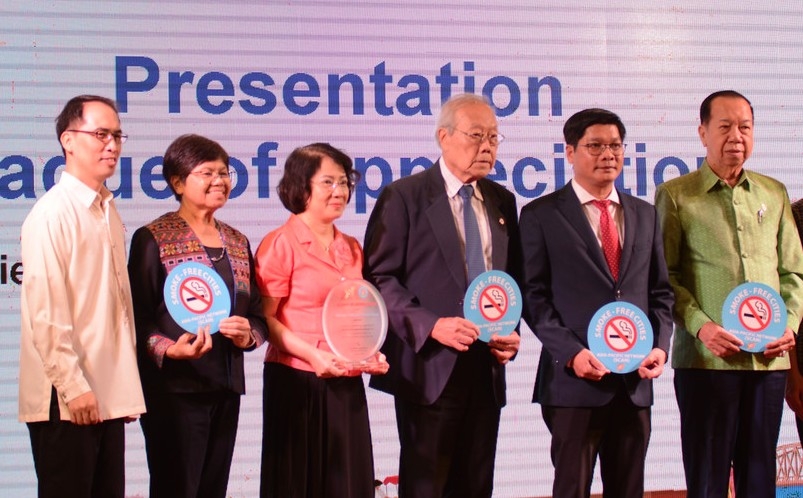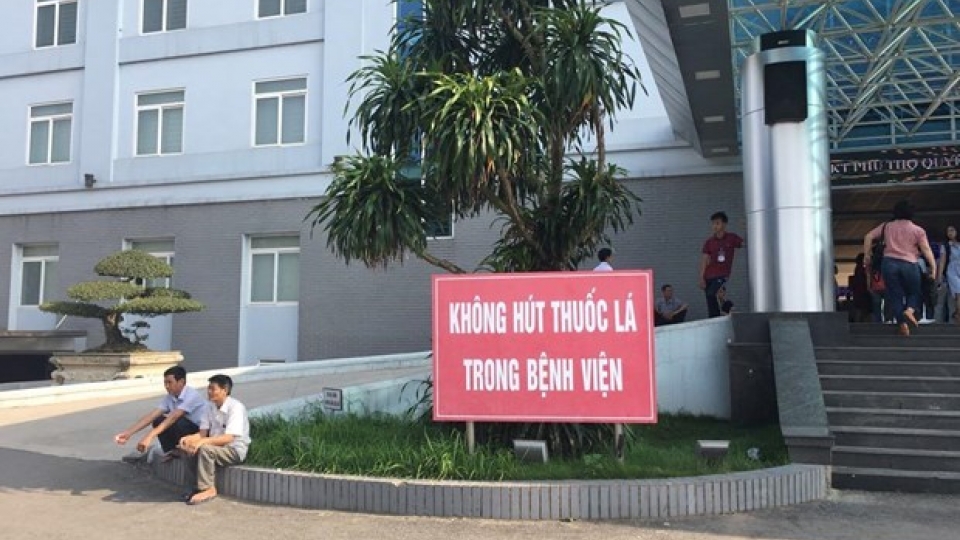ASEAN intensifies actions to advance smoke-free environment
Vietnam has recorded major progress in tobacco harm prevention and the promotion of smoke-free environments in recent years, contributing to community health protection and fulfilling its commitments under the World Health Organisation (WHO) Framework Convention on Tobacco Control.

Dr. Phan Thi Hai, Deputy Director of the Vietnam Tobacco Control Fund (VNTCF) under the Ministry of Health delivered the remarks at the ninth Smoke-Free Asia-Pacific Meeting, which opened on August 28 in Hue city.
Delegates at the two-day meeting exchanged views on key issues, including strengthening knowledge and enforcement capacity, sharing experiences and best practices in integrating smoke-free measures into tourism development strategies, addressing new implementation challenges, and enhancing regional and global cooperation in promoting smoke-free tourism.
Following the discussions, ASEAN member countries reached consensus on concrete steps and stronger joint efforts to advance smoke-free tourism across the region.
In Vietnam, destinations such as Hue, Hoi An, and Ha Long have taken the lead with the “Smoke-Free Tourism” initiative, helping to protect the environment while reinforcing their image as safe, civilised, and welcoming destinations. In particular, Hue’s implementation of smoke-free policies reflects a balanced approach that preserves cultural values while safeguarding public health, underscoring the link between community well-being and sustainable socio-economic growth, Dr. Hai emphasised.
Nguyen Chi Tai, Vice Chairman of the Hue People’s Committee, said the city has strictly enforced smoking bans in public places, intensified public communication campaigns, and mobilised communities, youth organisations, and media outlets to drive behavioural change. Hue has also been among the pioneers in developing the “Smoke-Free City” model in Vietnam and is committed to maintaining and expanding this initiative.
He underlined that this year’s conference holds important significance in bolstering the commitment and capacity of local authorities to implement smoke-free policies in tourism areas. It also provides an opportunity to raise awareness, build consensus, and strengthen stakeholder engagement in the tourism sector, recognising smoke-free environments as a key component of sustainable tourism development.




